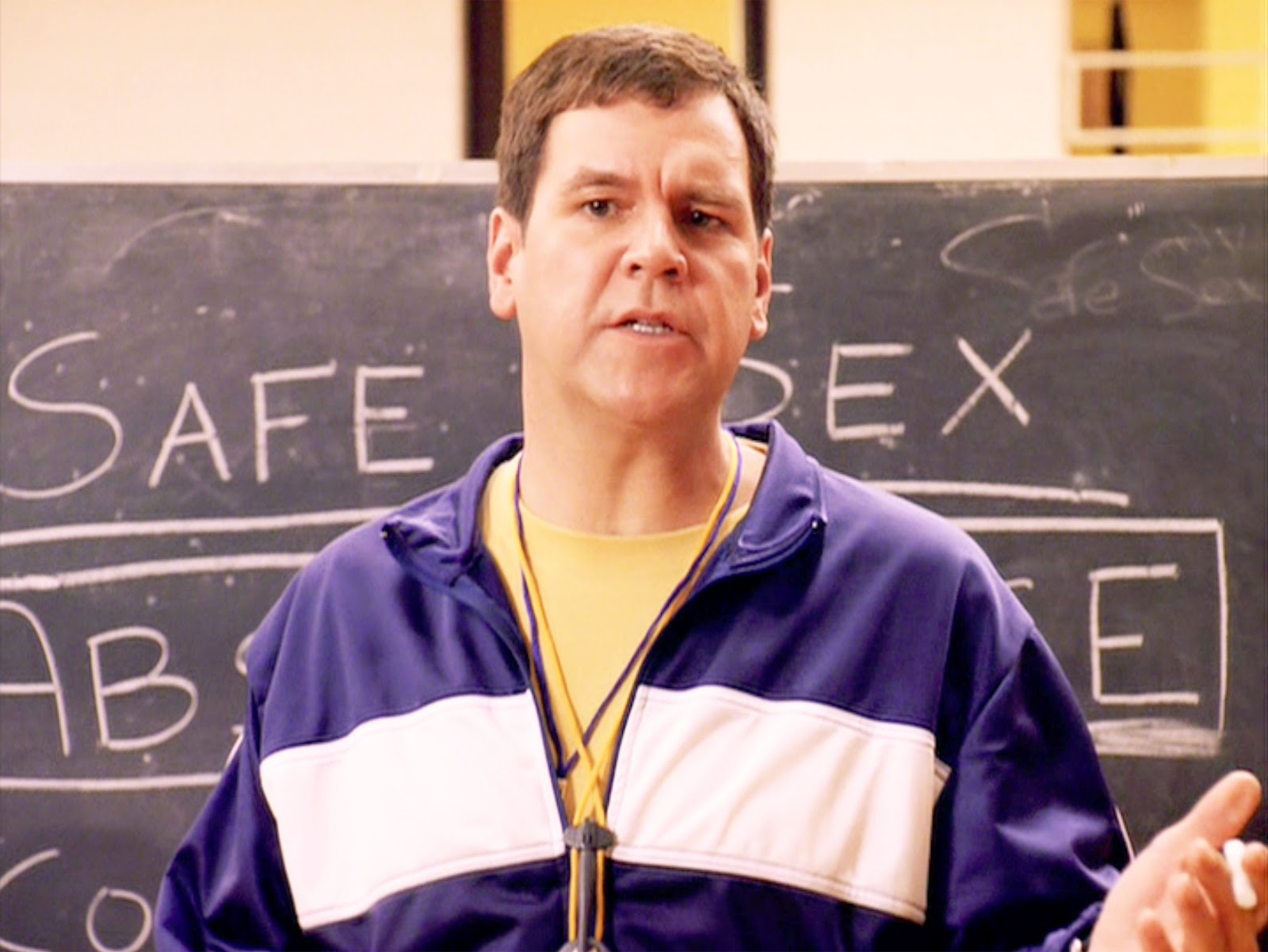Imagine you’re turning in your midterm for your college Philosophy 101 class, and as you place it on your professor’s desk, she asks you:
“So, how did the date go last night?”
“It was really nice, I really like this guy.”
“Great. I’m looking forward to hearing about it during your presentation on Monday. Did you put out?”
Wait… what?
Raise your hand if this scenario makes you cringe harder than watching your grandma take a duckface selfie. For some unfortunate students, a university experience where their teachers are intimately concerned with their dating and sexual lives and incorporate their student’s dating habits into their classwork is no cringe-worthy exercise in imagination – it’s a reality. Kerry Cronin, a professor at Boston University who teaches a philosophy class for freshmen and sophomores, does not like casual relationships.
Professor Cronin started offering her students the option to do an extra credit assignment where they just have to take someone on a “real” date. The rules of the “real” date criteria were pretty puritanical: no alcohol, no kissing, and no sex. Which leaves room for activities like talking, making eye contact – you know, all that serious stuff. While her intentions are probably good and certainly noble, it makes us wonder if she’s not being just a bit naive in trying to revive traditional dating habits – the fact of the matter is that our culture and the ways we view romance and relationships have changed in this digital age and, with them, so have our dating habits. Checking out a social media profile – a preliminary step most people take nowadays in the dating game – is an option that simply didn’t exist before, but one that most of us can’t even begin to imagine living without.
The Mileys and Rihannas and David Beckhams of the world have made the sexualization of the body the norm and not the exception.
Our views of sex itself have changed, too. The Mileys and Rihannas and David Beckhams of the world have made the sexualization of the body the norm and not the exception, and it logically follows that perceiving the body as an innate object of sexual gratification makes it much easier to actually have sex with a body. And each generation is coming to grips with this reality at an increasingly younger age. Still, while the visibility of hook-up culture is a recent phenomenon, people have been having sex since the dawn of time. And for some reason, we feel that claiming that there is one “right” way to go about dating and pursuing sex isn’t going to sit well with every one.
As for the criteria for the dates themselves, it can obviously be argued that alcohol and kissing don’t necessarily get in the way of having a good date. Even Millionaire Matchmaker’s resident bossy-pants Patti Stanger, a veritable expert in love (if we take her word for it) allows those things in moderation. The intent of the class, it seems, is to give students a glimpse into a dating culture that doesn’t revolve around hookups and the massive confusion and emotional devastation that can follow in their wake, a more mature one where maybe romance and communication, not genitals, lead the way.
That reality seems like a distant dream when, as Cronin feels, an entire generation of young people (students included) are lacking the courage it takes to be specific with pursuing their dating choices. Specificity implies interest and interest opens the door for rejection. But we have to agree that there is indeed a different level of commitment and pay-off involved when people let themselves be emotionally vulnerable as opposed to just physically naked.
Cronin’s obviously not the only member of the old guard who feel that students need proper guidance in the pursuit of romantic relationships. Some other professors agree, like Andrew Reiner, an English professor at Towson University. He wrote an article for the New York Times earlier this year where he suggests that adding graded relationship classes into traditional schooling could benefit students, saying:
“For this résumé-driven generation, schools would do well to add a grade-based seminar about love. The course could cross many academic disciplines: the biology of intimacy; the multicultural history of courtship; the psychology and sociology of vulnerability.”
Whether or not a teacher telling their students how to date is a good idea (there has to be some kind of lawsuit waiting to happen there), being able to make eyes with your crush for school credit would raise the GPA of the majority of college students, and probably raise enrollment for universities.
Everybody wins.




-300x221.jpg)












